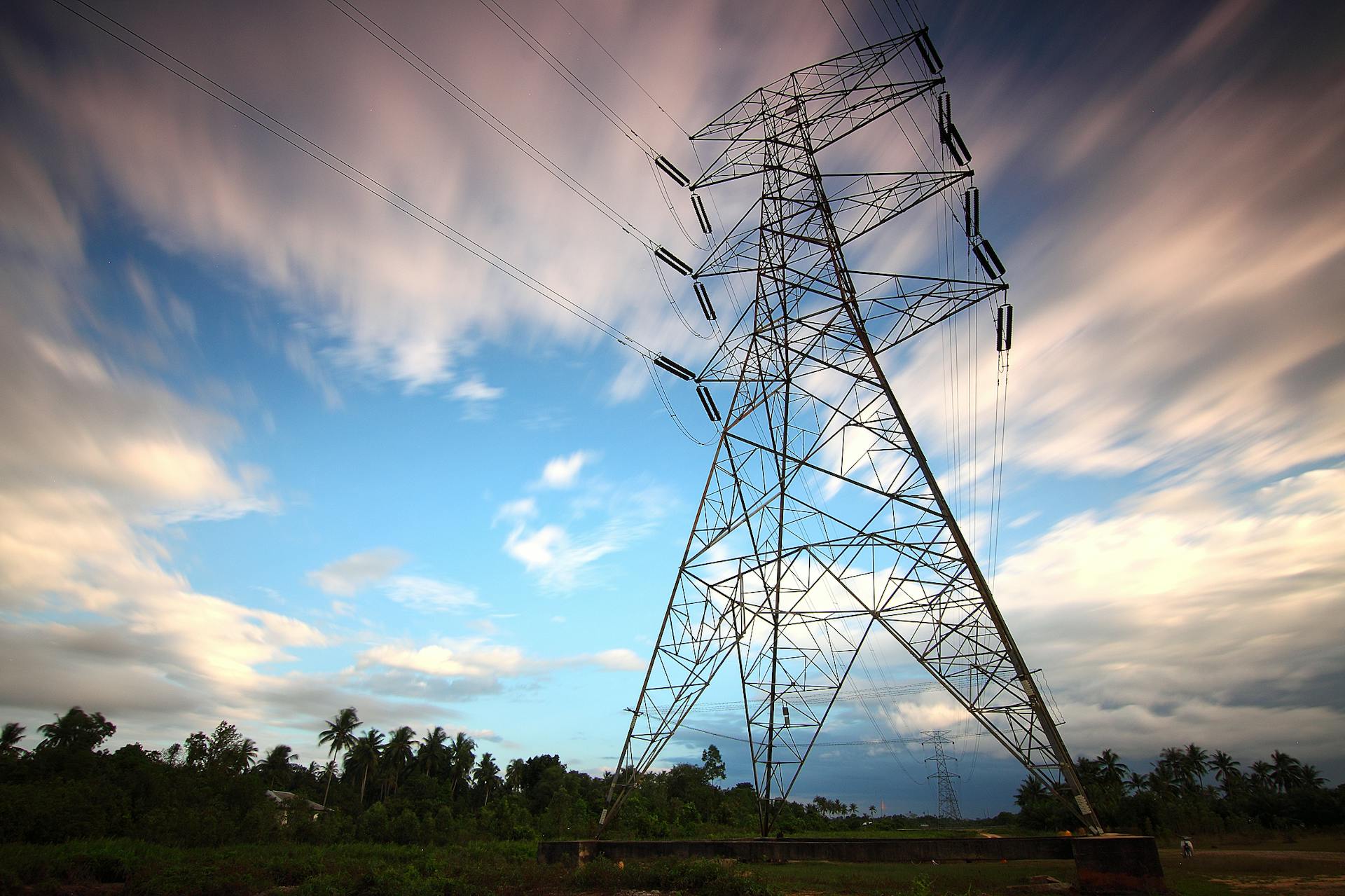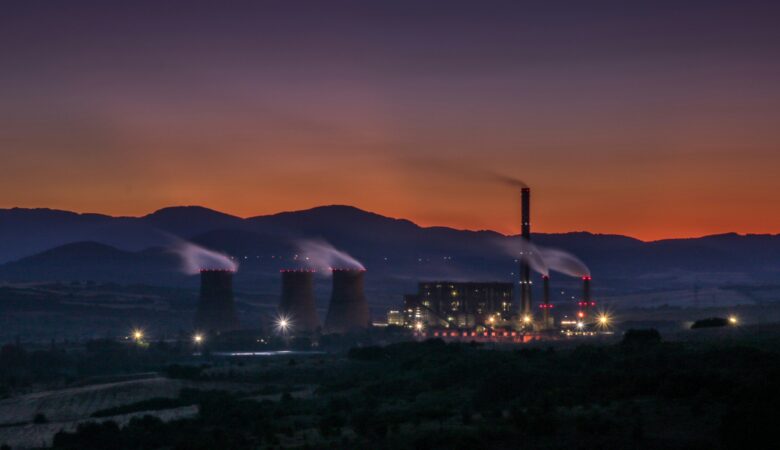As the world grapples with the dual challenges of meeting rising energy demands and addressing climate change, the future of energy in Nigeria and Africa is at a critical juncture. The continent, rich in natural resources and increasingly embracing technological advancements, stands on the cusp of an energy revolution. Leading the charge in this transformation is Rhinobay Energy, a key player in the region’s energy sector, committed to driving innovation, sustainability, and energy access across Nigeria and beyond.
The Current Energy Landscape in Nigeria and Africa
Nigeria, as Africa’s largest economy and most populous country, has historically relied on fossil fuels to power its growth. With vast reserves of oil and natural gas, the country has long been a significant energy producer. However, despite these resources, Nigeria faces significant challenges in ensuring reliable and affordable energy access for its population. Frequent power outages, limited grid coverage, and heavy dependence on diesel generators highlight the urgent need for a more sustainable and resilient energy system.
Across Africa, the story is similar. While the continent boasts immense natural resources—ranging from fossil fuels to renewable energy sources like solar, wind, and hydro—the energy infrastructure remains underdeveloped. Approximately 600 million people in sub-Saharan Africa still lack access to electricity, and the demand for energy is expected to grow exponentially as populations increase and economies expand.
The Future of Energy: Shifting Towards Renewables
The future of energy in Nigeria and Africa lies in a strategic shift towards renewable energy sources. The transition from fossil fuels to cleaner, more sustainable energy options is not just an environmental imperative; it is also a socio-economic necessity. Renewable energy offers a pathway to addressing energy poverty, reducing carbon emissions, and fostering economic development.
1. Solar Energy: Powering a Brighter Future
Solar energy is at the forefront of Africa’s renewable energy revolution. With abundant sunlight throughout the year, Nigeria and other African countries are uniquely positioned to harness solar power. Rhinobay Energy has recognized this potential and is actively investing in solar energy solutions that cater to both residential and commercial needs. From rooftop solar panels to large-scale solar farms, Rhinobay Energy is helping to bring clean, reliable electricity to communities that have historically been underserved.
The adoption of solar energy is not only reducing dependence on fossil fuels but also providing energy security and resilience. In remote areas where extending the national grid is challenging and expensive, off-grid solar solutions are proving to be game-changers, enabling economic activities and improving the quality of life.

2. Hydro and Wind Energy: Complementing the Mix
While solar energy is gaining significant traction, hydro and wind energy also hold great promise for Africa’s energy future. Nigeria, with its vast river systems, has considerable potential for hydroelectric power generation. Rhinobay Energy is exploring opportunities in small-scale hydro projects that can provide reliable and consistent power to rural communities. Similarly, wind energy, though less developed, is beginning to attract attention as a complementary source of clean energy.
By diversifying the energy mix with solar, hydro, and wind, Rhinobay Energy is not only enhancing energy security but also paving the way for a more sustainable and resilient energy system in Nigeria and Africa.
The Role of Natural Gas in the Energy Transition
While renewable energy is the future, natural gas remains a crucial bridge in the transition from fossil fuels to a low-carbon economy. Natural gas is abundant in Nigeria and offers a cleaner alternative to coal and oil. Rhinobay Energy continues to play a vital role in the distribution of Liquefied Natural Gas (LNG) and Compressed Natural Gas (CNG), helping to reduce the carbon footprint of Nigeria’s energy sector while ensuring a stable energy supply during the transition period.
The shift towards natural gas also supports the development of infrastructure that can later be adapted for renewable energy, such as gas pipelines that could be repurposed for hydrogen—a key energy source in a future low-carbon economy.
Challenges and Opportunities in Nigeria’s Energy Transition
The journey towards a sustainable energy future in Nigeria and Africa is not without its challenges. Regulatory hurdles, financing constraints, and the need for technological innovation are significant obstacles that must be overcome. However, these challenges also present opportunities for growth, investment, and innovation.
Rhinobay Energy’s Commitment: Rhinobay Energy is actively addressing these challenges through strategic partnerships, investments in technology, and advocacy for supportive policies. By collaborating with governments, financial institutions, and other stakeholders, Rhinobay Energy is working to create an enabling environment for the growth of renewable energy in Nigeria.
Investment in Innovation: Innovation is at the heart of Rhinobay Energy’s approach to the future of energy. The company is exploring new technologies, such as energy storage solutions, smart grids, and hybrid systems that combine multiple energy sources for greater efficiency and reliability. These innovations are crucial for scaling up renewable energy and ensuring that it can meet the growing energy demands of Nigeria and Africa.
Policy and Regulation: The success of the energy transition in Nigeria and Africa also depends on the development of clear and supportive policies. Rhinobay Energy is actively engaging with policymakers to advocate for regulatory frameworks that encourage investment in renewable energy, streamline project approvals, and provide incentives for clean energy adoption.
The Impact of a Clean Energy Future
The transition to renewable energy in Nigeria and Africa holds immense potential for positive change. A clean energy future promises to deliver multiple benefits, including:
- Energy Access and Equity: Renewable energy can bring electricity to millions of people who currently live without it, reducing energy poverty and promoting social equity.
- Economic Growth and Job Creation: The renewable energy sector is a significant driver of economic growth, creating jobs in manufacturing, installation, maintenance, and more. Rhinobay Energy’s projects are already contributing to local economies by providing employment and fostering entrepreneurship.
- Environmental Sustainability: By reducing reliance on fossil fuels, renewable energy helps to mitigate climate change, reduce air pollution, and preserve natural ecosystems. Rhinobay Energy’s commitment to sustainability is reflected in its efforts to minimize environmental impact while maximizing social and economic benefits.
- Energy Security and Resilience: Diversifying the energy mix with renewable sources enhances energy security and resilience, reducing the vulnerability of Nigeria’s energy system to global market fluctuations and supply disruptions.
Rhinobay Energy’s Vision for the Future
As Nigeria and Africa navigate the complexities of the energy transition, Rhinobay Energy is at the forefront, leading the charge towards a more sustainable and prosperous future. The company’s commitment to innovation, sustainability, and energy access positions it as a key player in the region’s energy landscape.
The future of energy in Nigeria and Africa is bright, and Rhinobay Energy is dedicated to powering this future with clean, reliable, and affordable energy solutions. As the continent continues to grow and develop, Rhinobay Energy’s vision of a renewable energy-driven economy offers hope for a better, more sustainable tomorrow.















Leave a Reply